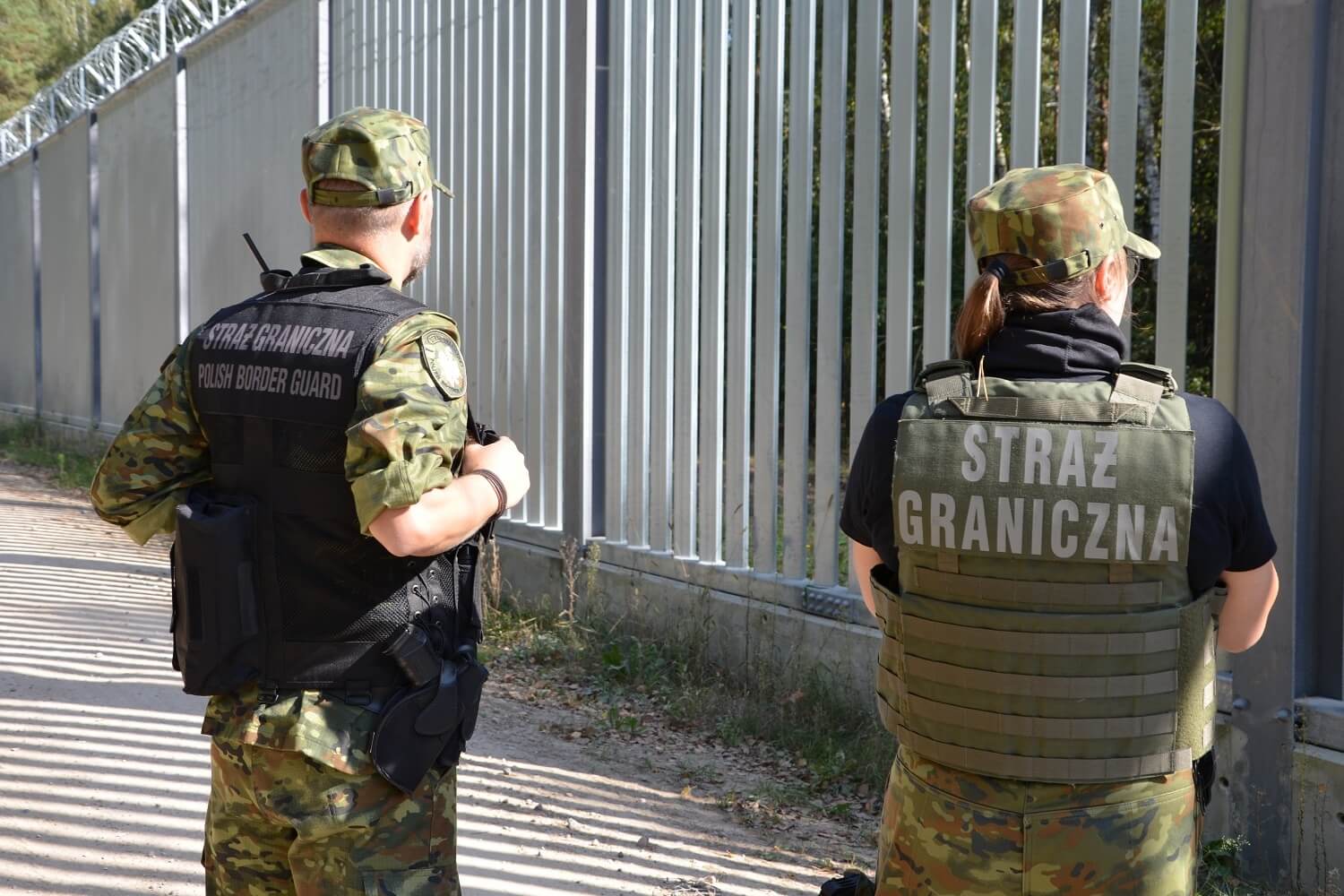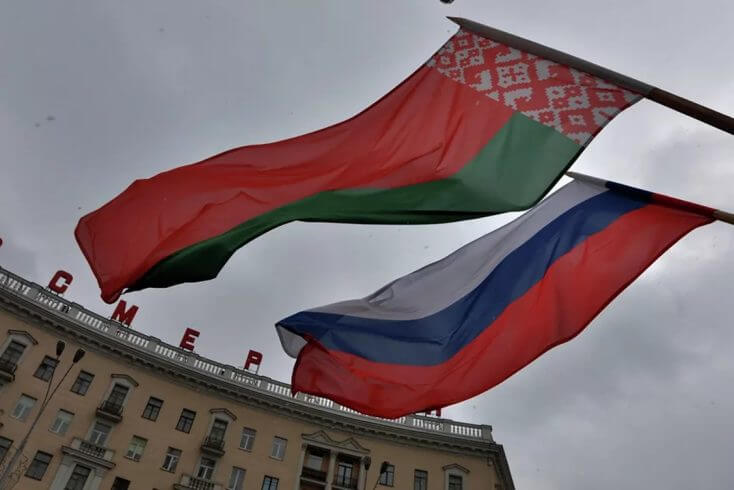Belarusian official: migrants surged to EU after it promised to shelter Afghans

November 6, Pozirk. The European Union’s migration crisis has been dragging on since 2015, when the bloc’s officials encouraged migration in hopes of attracting foreign labor force, Anton Byčkoŭski, spokesman for the State Border Committee, has told journalists in Minsk.
He linked increased migration flows via Belarus to its transit location for refugees from Afghanistan, whose exodus started in mid-2021, coinciding with the US forces withdrawal from the country.
He linked the surge to European countries’ promise “to shelter nearly all those in need from the Democratic Republic of Afghanistan (sic).” People in Afghanistan and other countries, from where migrants come to Europe, took it as “an advertisement” of an opportunity to get to the EU, he said.
A Pozirk journalist was at the migrant camp in December 2021 and talked to many migrants, most of them were from Iraq and Syria and some migrants, not many, were from African countries. Most arrived with Belarusian visas, which expired by December.
Meanwhile, in the first nine months of 2024, about 330 Somalians and a comparable number of Ethiopians, Eritreans and Syrians arrived in Poland via Belarus, Frontex, the EU border control agency, said.
The migration crisis subsided after the fall of 2021 because Belarus tightened visa issue regulations and migration policies, Byčkoŭski claimed. “Not a single refugee or migrants gets” into Belarus with a Belarusian visa, he said.
Moreover, over 4,000 foreigners have been charged with minor offenses for staying illegally in Belarus over the past four months, with at least 620 deported and 249 denied entry, said Uładzimir Hierasimienka of the interior ministry’s migration department.
In that period, Belarusian law enforcers identified 43 groups of illegal migrants totaling 345 persons who may face deportation from Belarus, the official noted. Authorities filed 29 criminal cases, including 14 for violations of the entry ban and one for organizing illegal migration, he added.
The migration crisis at the Belarusian-EU border started in spring 2021 after Alaksandar Łukašenka, angered by EU sanctions, had indicated that Minsk would not prevent migrants from Africa and Asia from using Belarus as a route to the EU.
It escalated in November 2021, with hundreds of migrants storming the Polish border.
Belarus’ western neighbors call the migration crisis a “hybrid attack” orchestrated by Minsk and Moscow.
Since the start of 2024, the EU thwarted at least 34,367 illegal border crossings at its shared border with Belarus, with 28,412 attempts via Poland, 5,094 via Latvia and 861 via Lithuania. Illegal migration flows fell 6.4 percent since early October and 12 percent year on year, according to Pozirk‘s analysis of border guards’ data.
A few months ago, Alaksandr Łukašenka reiterated that he would not help the EU combat illegal migration. “I do not intend to give orders to border guards, military and others to defend the EU,” he said. “You tied a noose around our neck, and yet you are forcing us to defend you from these poor people,” he said in a reference to international sanctions.
The Belarusian ruler claimed that the bloc terminated the readmission treaty, but in fact it was Minsk that terminated it in June 2021.

Illegal Belarus-EU crossings plunge in October
- Economy, PoliticsLithuania arrests Belarusian suspected of loan fraud, illegal high-tech exportsThe material is available only to POZIRK+
- Economy, PoliticsEconomic integration with Russia threatens Belarus’ sovereignty – analysisThe material is available only to POZIRK+
- SocietyPolish prosecutors investigating death of Belarusian journalist MiełkazioraŭThe material is available only to POZIRK+
- Economy, PoliticsMinsk orders Russian online retailers to stop selling Italian pastaThe material is available only to POZIRK+
- PoliticsRights groups designate 23 new political prisonersThe material is available only to POZIRK+
- Politics
- Politics, SocietyŁabkovič: jailed dissidents face torture-like conditions in BelarusThe material is available only to POZIRK+
- EconomyBelarus plans to connect third nuclear plant unit to grid in 2035-38The material is available only to POZIRK+
- Politics
- PoliticsRights defender appeals to Trump administration to secure release of all Belarus’ political prisonersThe material is available only to POZIRK+
- Economy
- SocietyViciebsk police arrest local man for making handgunsThe material is available only to POZIRK+
- EconomyInformation ministry reminds individual entrepreneurs engaged in publishing to register companies before January 1The material is available only to POZIRK+
- EconomyEurasian bank links Belarus’ industrial downturn to sagging demand in RussiaThe material is available only to POZIRK+
- Society
- PoliticsŁukašenka to Putin: Belarus, Russia to settle “one or two issues”The material is available only to POZIRK+
- Society
- Politics, SocietyBelarus deports 3,000 foreigners since year's start – interior ministerThe material is available only to POZIRK+
- PoliticsŁukašenka to meet with Putin during working visit to RussiaThe material is available only to POZIRK+
- Politics


